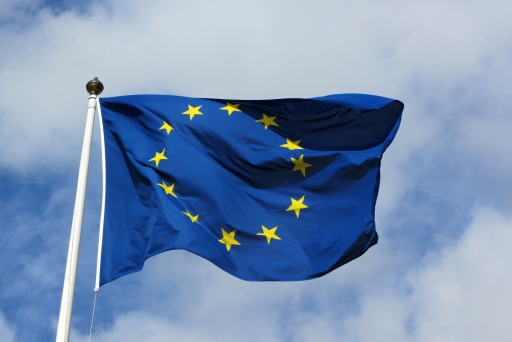MEPshave marked almost a century since the outbreak of the First World War with a debate in the European Parliament today (16th April 2014).
The European Union has evolved significantly from its original small grouping of countries whichco-operated with one another in the aftermath of the Second World War. It now encompasses 28 nationsand the idea of peace in Europe is central to its ideology.
The European Union received theNobel Peace Prize in 2012for having “contributed to the advancement of peace and reconciliation, democracy, and human rights in Europe”.
In today’s debate, peace and stability, as well as further integration amongst member states, was emphasised. However,the latter was not endorsed by all MEPs, with one referring to the EU as “unlawful and dictatorial”.
Many MEPs also drew parallels between the situation which faced the European continent before the outbreak of the First World War andcurrent international crises, including inUkraine. The rise of “right-wing parties” in Europe in recent years was also highlighted as a danger to peace.
“Modern, open, democratic Europe”
Jos Manuel Barroso, President of the European Commission, stated that the EU”provides us with ways and means of avoiding the perversity of nationalism while retaining the culture of our various countries”.
Ukraine was repeatedly singled outby MEPs as a cause for serious concern in Europe.
There were months of protest in Ukrainefollowingformer PresidentViktor Yanukovych’s decision to call off a free trade agreement with the EU in November 2013.
Heinstead chose to pursue closer ties with Russia, withviolence eventually erupting on the streets of Ukraine’s capital city, Kiev, in protest at this decision.Mr. Yanukovych was ousted in February 2014 after riots in the streets and the use of live ammunition by security forces.
Since then, tensions between Ukrainiansand ethnic Russians – many who liveineastern Ukraine – have been on the rise.
Many ethnic Russiansfavour closer ties – and even union – with Russia. These tensionshave resulted in more violence and the annexation of Ukraine’s Crimea region by Russia.
The mixture of ethnic tensions, the involvement of foreign powers (with both Russia and the West claiming the other has interfered) and the sense of uncertainity in the region, has led some commentators to liken the situation to the crisis in the Balkans which ultimately led to the outbreak of the First World War.
President Barroso saidthat the deepening crisis in Ukraine was a contrastbetween “a modern, open, democratic Europe” and “the old concept of a Europe which continues to think and act in categories of power, spheres of influence, diktats, mistrust and the logic of divide and conquer”.
The Greek Foreign Minister, speaking on behalf of the European Council, reminded members that the approaching Centenary of the First World War coincides withEurope being “confronted with situations that are testing its international political presence, from Syria to Libya and from Iran to Ukraine”.
Hannes Swoboda, the Austrian Chair of the Socialists & Democrats, warned that “new groups and parties built on hatred are rising in Europe”, and that they have the potential to negatively affect the “peace, safety, prosperity and international influence” of the European Union.
Joseph Daul, French Chair of the European People’s Party, echoed his Austrian colleague’s comments, stating that the First World War was “an accident caused by selfish nationalisms”, and that “if Europe was to succumb to populism and euroscepticism we would be going back through time. It would be a return to chaos and warfare in Europe”.
Guy Verhofstadt, the Belgian leader of theThe Alliance of Liberals and Democrats for Europe, called for an emphasis on education during the Centenary.
The benefits of the European Union, includingthe “absence of war”, must be re-iterated to young people: “We will not only convince the younger generation by pointing to a horrible, but distant past. We need to explain to them how Europe and European integration is a tool for a better future”.
European Union “unlwaful and dictatorial”
During the debate, the European Union itself came under criticism, with some MEPs attacking its portrayal of the First World War and questioning the Union’s own ambitions.
Nigel Farage, the British Co-Chair of the Europe of Freedom and Democracy group,said that the horrors of the First World War, particularly the 1916 Battle of Verdun, had influenced the “whole European project”, and that “it is entirely understandable that people should’ve sought ways to prevent such awfulness”.
However, Mr. Farage criticised the European Union’s focus on blaming nation states for the outbreak of the war. As a result, he said,since 1945, the EU has erroneously focused on “the abolition of nation states” in order to prevent war.
Danil van der Stoep, a Dutch MEP who does not belong to any politcal grouping, claimed that theEuropean Parliament had the same objectives as the leaders which took the world to war in 1914, namely to create a state as powerful as possible on the European continent:
Referencing the upcoming European elections, Mr. van der Stoep said that: “there are voters who will make clear on the 22nd of May that they oppose the unlawful and dictatorial occupation of their nation states”.
Source: European Parliament
Images in the public domain
Posted by: Daniel Barry, Centenary News
